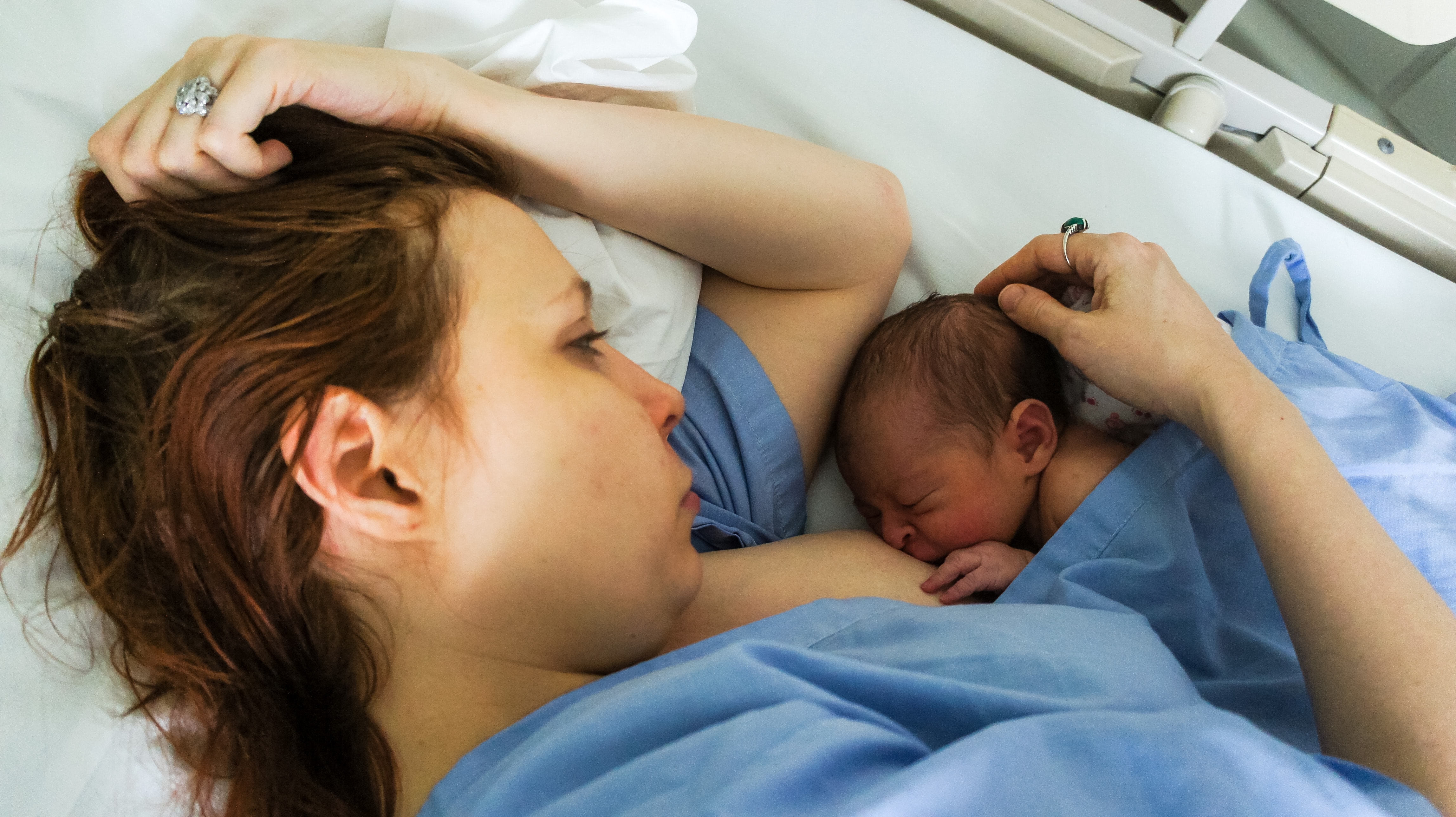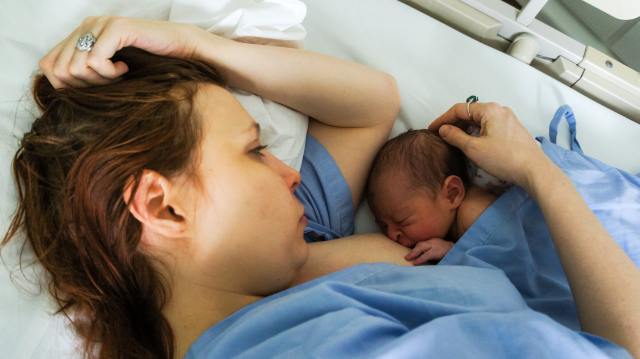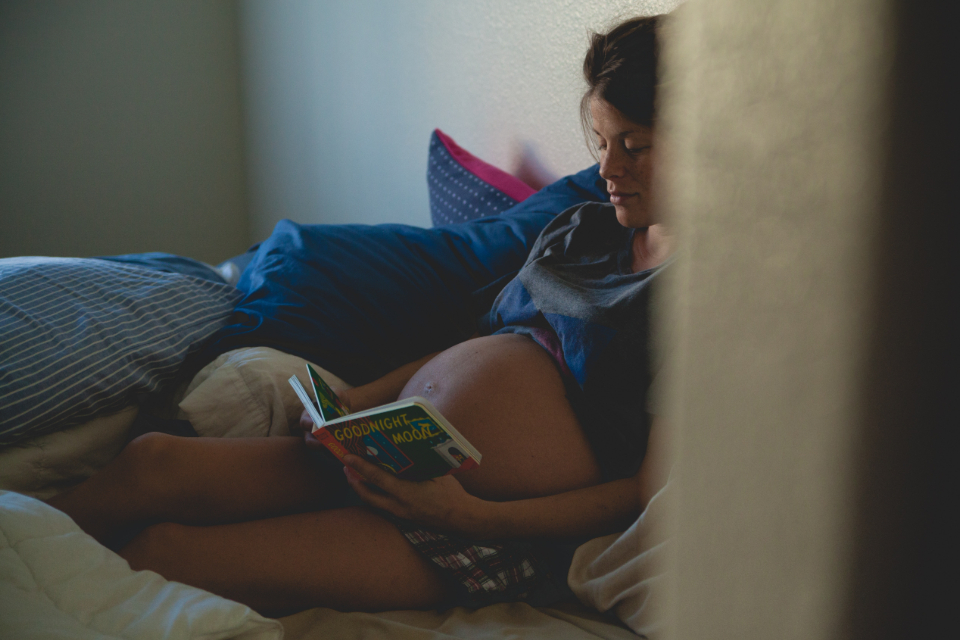
According to the American College of Obstetricians and Gynecologists (ACOG), it’s not uncommon for women to get the “baby blues” in the first 8–10 weeks after delivering. Mothers with the “baby blues” will often contact their care providers one or two weeks after giving birth complaining of sadness and difficulty taking care of their newborn. Some express guilt over feeling they’re not being a good parent. Some may be having trouble breastfeeding their babies. These “baby blues,” ACOG claims, resolve on their own. If depression continues after 8–10 weeks, however, it is called postpartum depression.
Postpartum depression poses a serious risk to new mother’s lives. When left untreated, they may even develop postpartum psychosis, in which the mother’s life and those of her children are then at risk.
Approximately one in seven women experiences postpartum depression in the first year after birth. You are certainly not alone if you are struggling with this experience. The very good news to be aware of is that postpartum depression is absolutely treatable.
This well-known, challenging condition so many new mothers battle also has a well-worn path to remediation. You do not need to suffer in silence or “tough it out.” In fact, it is much more dangerous to do so. If you think you may be suffering from postpartum depression, contact your doctor right away and begin the three-step process detailed below.
How to Beat Postpartum Depression
1. Secure a Diagnosis
The first step in treatment is diagnosis. In the more than 6,000 births I’ve facilitated, none of my patients came to bodily harm due to postpartum depression or psychosis because I implemented checkups within the first two weeks—not six, as insurance companies deem necessary. In the absence of a proactive postpartum checkup plan from your doctor, however, it is crucial that you set up a plan yourself. Talk to your care providers, your partner, and trusted loved ones and create a checkup system for your first six weeks after birth, and throughout the first year.
Your spouse can be a valuable resource for women suffering from postpartum depression. Spouses can often recognize the signs of depression before the mother does.
And if you are reading this after giving birth and already in the midst of your struggle, call your doctor and any support people in your life now. Having a plan beforehand is wonderful, but it is not too late to get the help you need and start feeling better, for yourself and for your new baby.
2. Commit to Counseling
Work with your obstetrician to connect with a psychiatrist right away. In my experience, postpartum depression can be greatly mitigated by simple and timely access to care for the problem.
If you do not have a preexisting relationship with a psychiatrist and have not established one through your doctor before the birth, you can still start now. It may take time to get in for your first psychiatric appointment, however, so be prepared for your OBGYN to connect you with an appropriate postpartum counselor in the meantime.
3. Be Open to Medication
When “baby blues” become postpartum depression, the priority must be helping you break free from this debilitating and dangerous state. Medication is a reliable way to achieve this. Once postpartum depression is diagnosed, treatment involves counseling and taking serotonin and norepinephrine reuptake inhibitor (SNRI) medications. SNRI medications motivate and promote happiness and comfort. Moms are not only less depressed, but also begin to feel like taking care of their new baby.
Getting well and breaking the cycle of depression must be a priority. If you are in the midst of postpartum depression now, share your feelings with your spouse or a support person. Your OBGYN should be an excellent resource for you to tap into right away for listening to you and helping you get the care you need. Your physician can get you connected with a counselor and, ultimately, a psychiatrist.
If you are breastfeeding and need to take medications for postpartum depression or anxiety, both you and your physician should discuss the risks and make the decision together about what medications to take. Research shows very little of the medication for postpartum depression or anxiety will get into your breast milk, but you and your physician should make this decision together.
And if you need to speak with someone immediately and cannot reach your physician or support person, don’t hesitate to use your local community hotlines for depression.
Again, postpartum depression is a treatable condition. Discussion of postpartum depression with your physician should be part of your birth plan. You absolutely can make it through this challenging time and begin feeling like yourself again—and actually enjoy having time with your new baby.
RELATED:
What You Need to Know about Postpartum
Is it Postpartum Depression or Just ‘Baby Blues’?
To the Mothers who Struggle With Postpartum Depression


















